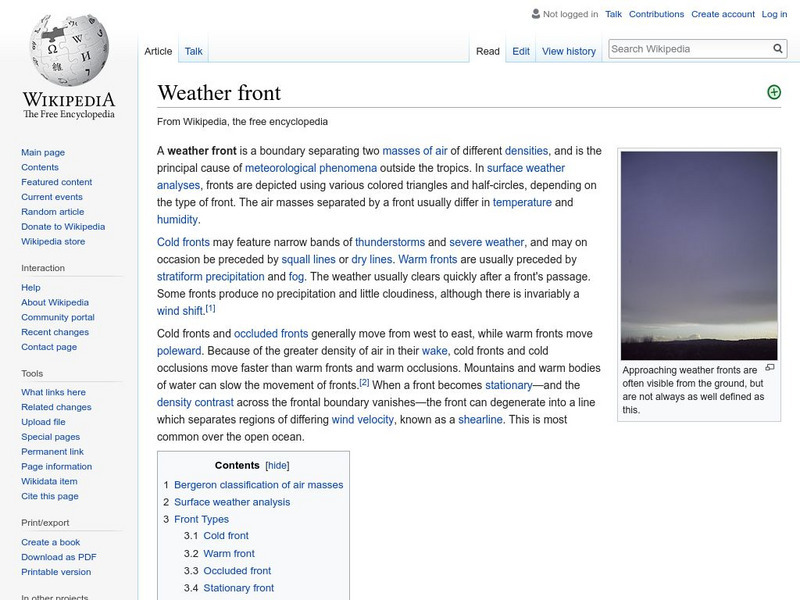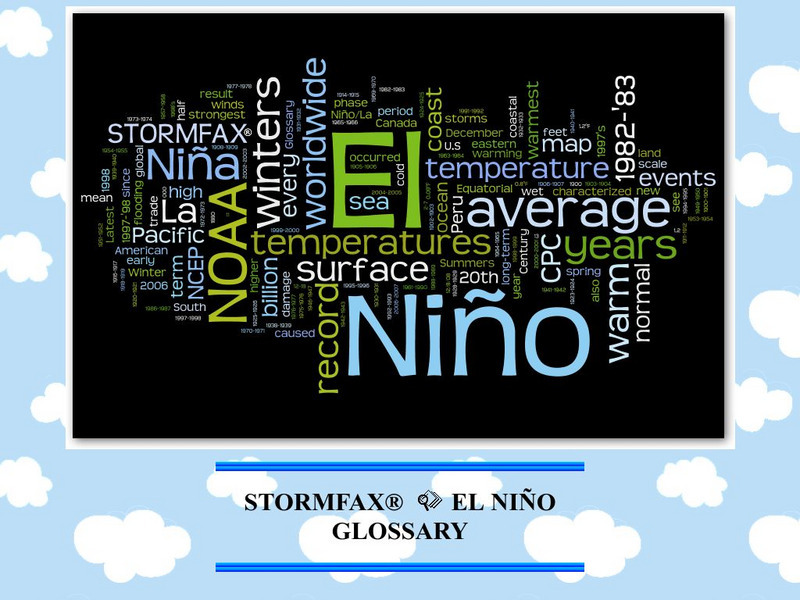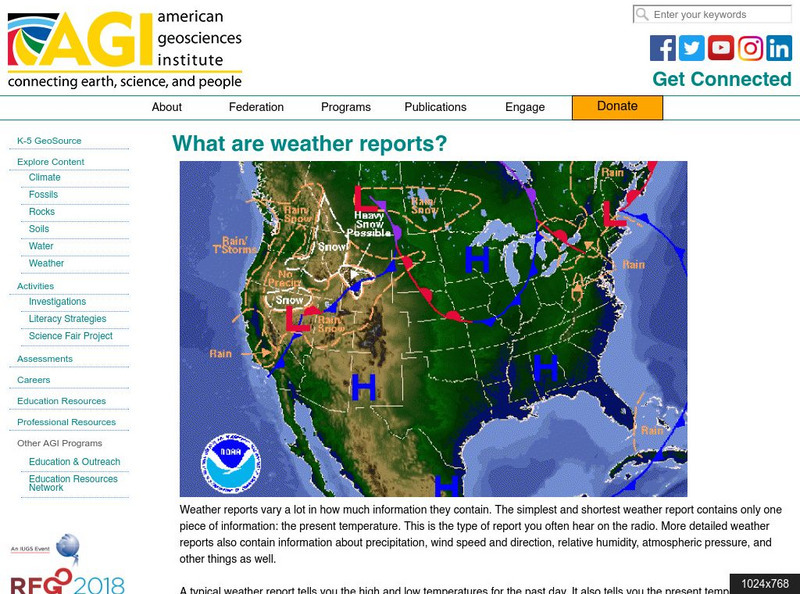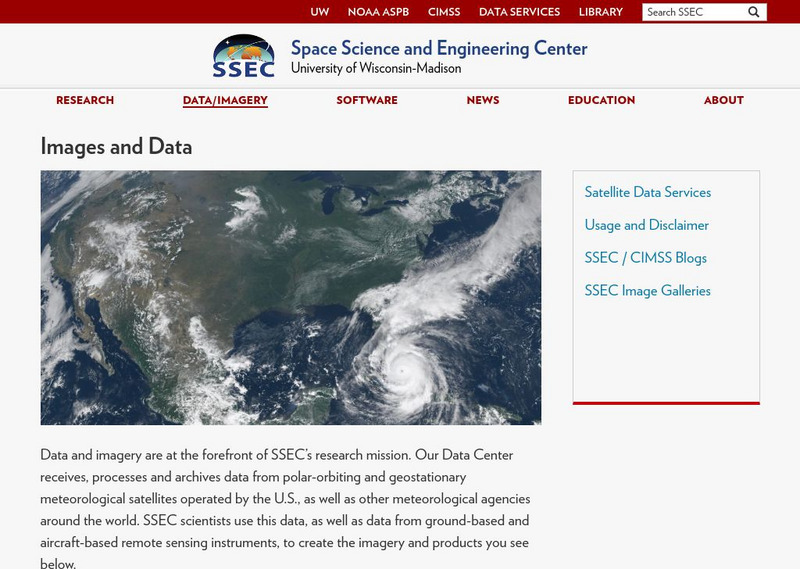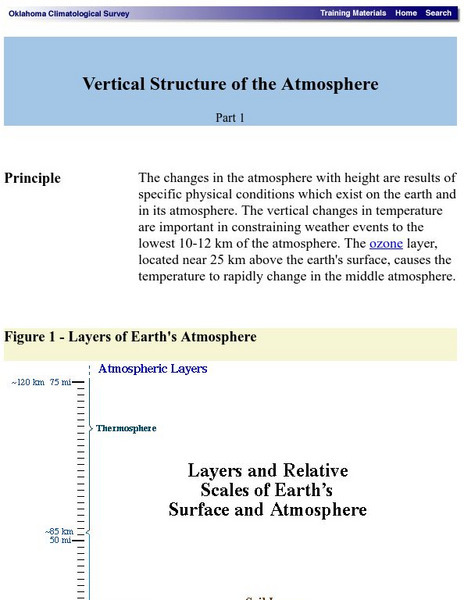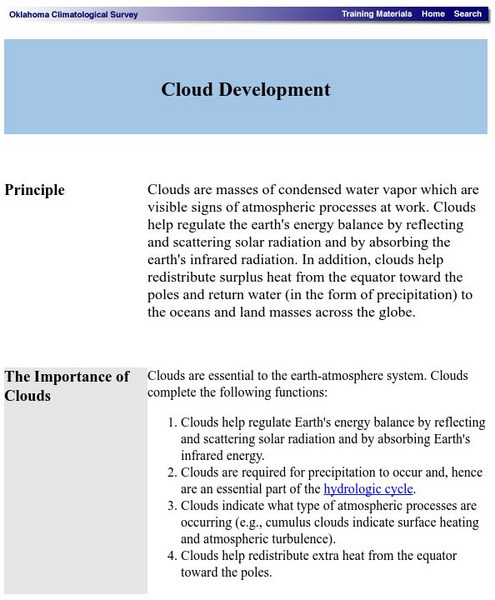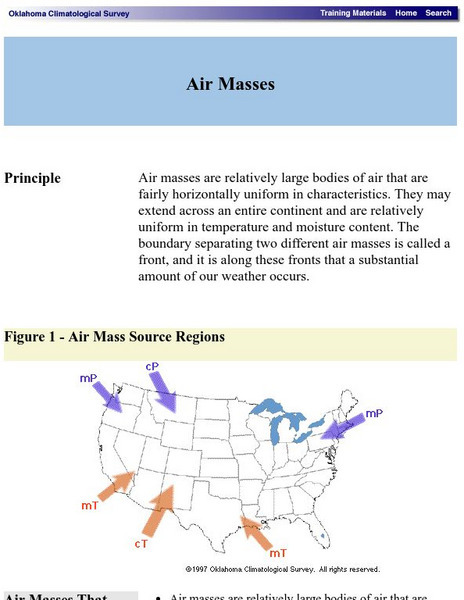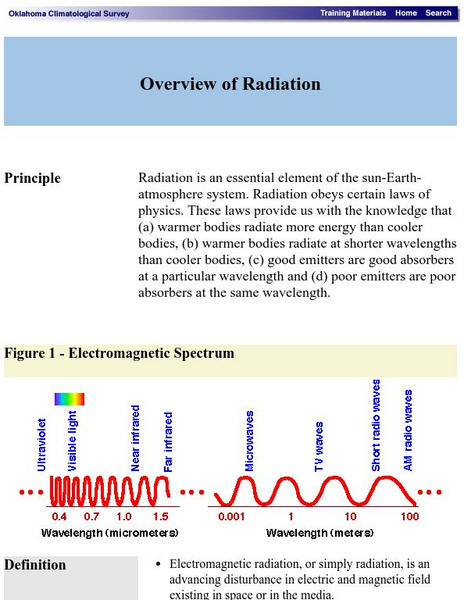Wikimedia
Wikipedia: Weather Front
This Wikipedia site tells all about weather fronts, or boundaries between two air masses with differing characteristics. Includes many hyperlinked terms to additional information on related subjects.
Other
Stormfax: El Nino Glossary
This site offers definitions for terms related to El Nino, including information on southern oscillation and its relationship to the trade winds.
Other
Niwa: Storms and Cyclones
Learn about storms and cyclones with this website. Understand how storms are classified and predicted. Also learn about tropical cyclones which are revolving storms that occur in the Southwest Pacific and Indian Ocean. Site focuses on...
Other
National Pollutant Inventory: Background Information
This site focuses on water and air pollution in Australia, with a brief mention of sea breezes.
American Geosciences Institute
American Geosciences Institute: What Are Weather Reports?
Find out what a typical weather reports contains, and why it is important to viewers.
University of Wisconsin
Ssec: Real Time Imagery and Data: Satellite Images of the Earth
Check out real-time satellite photos of the earth to study weather patterns.
Science4Fun
Science4 Fun: Weather
What is weather? Learn how weather is defined by parameters, weather forecasting, and Weather phenomena.
Other
Unep/siem D2 Weather
This site offers information on the effects of weather on islands. There is some mention of sea breezes.
Oklahoma Mesonet
Oklahoma Climatological Survey: Vertical Structure of the Atmosphere
This two-part resource explores the vertical structure of Earth's atmosphere. Content details the atmospheric layers, and the relationship between pressure and height in the atmosphere.
Oklahoma Mesonet
Oklahoma Climatological Survey: Cloud Development
This site explores the importance of clouds and how clouds are formed. Content details common atmospheric cooling mechanisms and atmospheric stability.
Oklahoma Mesonet
Oklahoma Climatological Survey: Air Masses
This Oklahoma Climatological Survey explores how air masses form, as well as the weather formations, which tend to appear on the edges of these masses in what is known as a front.
Oklahoma Mesonet
University of Oklahoma: Weather Fronts
The University of Oklahoma explores what fronts are, as well as the different types of fronts: cold front, warm front, stationary front, and occluded front.
Oklahoma Mesonet
Oklahoma Climatological Survey: The Seasons
Find out what the seasons are and how they change. Through the use of excellent graphics, content explores the Earth's orbit around the sun and how sunlight reaches the earth at equinox and the winter solstice.
Oklahoma Mesonet
Oklahoma Climatological Survey: Precipitation
This site briefly explores the important role of precipitation in the hydrologic cycle, and focus on how precipitation is created.
Other
Ics: Temperature, Humidity, and Dew Point
This site provides a discussion of dew point and relative humidity, containing formulas that look at connections between temperature, humidity, and dew point.
Oklahoma Mesonet
Oklahoma Climatological Survey: Overview of Radiation
This site details what radiation is, the physics of radiation, and radiative transfer as it occurs in nature. Content explores the electromagnetic spectrum, electromagnetic waves, properties of radiation, and solar radiation.
Oklahoma Mesonet
Oklahoma Climatological Survey: Earth's Energy Budget
This 2-part resource details how the Earth absorbs just enough energy from the Sun to sustain life. Content explores incoming solar radiation and outgoing terrestrial radiation.
Library of Congress
Loc: Everyday Mysteries: What Causes the Sound of Thunder
Detailed description of the scientific cause of thunder.
Other popular searches
- Meteorology Science
- Meteorology Lab
- Meteorology Lessons
- Content Meteorology
- Meteorology and Spreadsheets
- Water Cycle and Meteorology
- Climate, Meteorology
- Noaa Meteorology
- Meteorology and Mathematics
- Meteorology Web
- Meteorology/storms
- Meteorology Literacy


